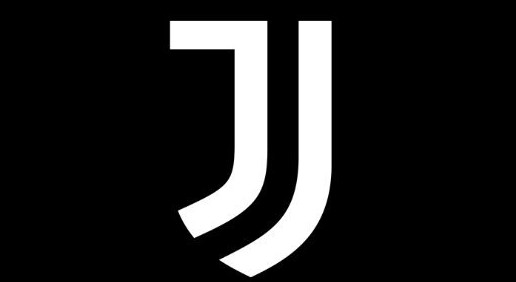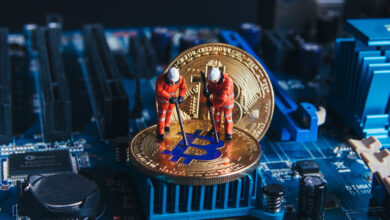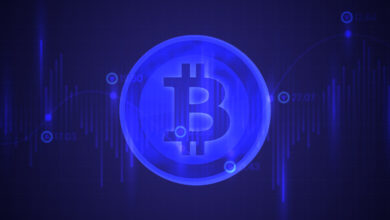Court of Rome Grants First Injunction Against NFT Infringement of Trademark Rights

The Court of Rome sets a landmark precedent by granting an injunction against the creator of NFTs displaying images of a football player, reproducing without authorization the registered trademarks owned by Italian football club Juventus FC.
This is the first known judgement by a European court holding that NFTs reproducing a third party’s trademarks without authorization are infringing and hence granting a related injunction.
Background
Juventus FC brought action seeking a preliminary injunction against a company managing an online fantasy football game based on NFT player cards, hosted on the Binance platform. Amongst other, the company produced NFTs reproducing the image of a famous Juventus former player. The cards displayed prominently a number of trademarks owned by Juventus, including the iconic black and white stripes pattern and the contracted version of the club’s name “Juve”, typically used by fans.
Upholding the arguments raised by Juventus, the Court of Rome issued a PI against the defendant,
- enjoining the “production, marketing, promotion and offer for sale, directly and/or indirectly, in any way and form, of the NFTs (non-fungible tokens) and digital contents referred to in the motion for PI, as well as of any other NFTs (non-fungible token), digital contents or products in general bearing the image referred to in the motion for PI, even if modified, and/or the Juventus trademarks in suit, as well as the use of such trademarks in any form and manner“
- and ordering “the defendant to withdraw from the market and remove from every website and/or from every page of a website directly and/or indirectly controlled by the same on which such products are offered for sale and/or advertised, the NFTs (non-fungible tokens) and the digital contents associated therewith“.
The PI order has now become final, as it was not appealed.
Key legal takeaways
The judgement by the Court of Rome is notable in a number of respects.
First, it acknowledges that the Juventus trademarks are well known, concluding that it is not necessary to consider whether they are registered in relation to “digital objects” or even more specifically to “digital objects certified by NFT”. In its reasoning the Court however underlines that the Juventus trademarks are in any event registered in Class 9 of the Nice Classification in relation to “digital downloadable publications”, thus seemingly agreeing with the current mainstream approach that registration in Class 9 would be required for non well-known trademarks to obtain protection against infringing NFTs.
The Court then reasons that the fact that the Juventus former player had granted the creator of the NFTs the right to use his image did not exclude the need to seek authorization for the use of the trademarks that are displayed in that image, since the goods produced (the NFTs) are intended for sale on the market.
Such consideration leads to the arguably most important takeaway set by the judgement, namely that NFTs have legal autonomy as compared to the images or data associated thereto. The Court thus seems to embrace the theory of the content/certificate separation. As a practical consequence, the Court specifies that the injunction issued concerns both the digital content including the player’s image bearing the Juventus trademarks, and the NFTs themselves.
Lastly, also worth noting is that the defendant is enjoined from producing – directly or indirectly – any further NFT or digital content infringing the rights of Juventus, and at the same time is ordered to take action to withdraw the infringing NFTs and associated digital contents from the market, i.e. from their website but also from any other online location under their direct or indirect control.
The enforcement dilemma
While the judgement by the Court of Rome offers a few key takeaways from a legal standpoint, it still does leave some questions open as to how such innovative orders may be effectively enforced by IP rights owners (eg. in terms of the role of platforms hosting the infringing NFTs and related content, enforcement on the secondary market, assessment of damages, etc.).
No doubt however that with the now established popularity of NFTs, the chances of related litigation and therefore of courts to be called on resolving these outstanding issues will increase.





